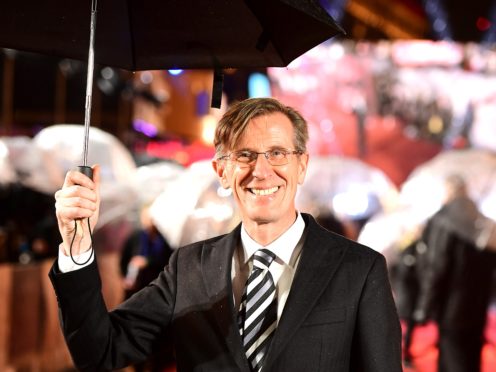Mortal Engines author Philip Reeve has said that “stupidity on the march everywhere” and that political calm is over.
The writer’s work has now been turned into a film produced by Peter Jackson and the creators of The Lord Of The Rings, which Tolkien fan Reeve has relished.
Reeve said his novel, which deals with an oppressive world shaped by war and ecological disaster, was not created as a piece of political pamphleteering, but that its themes are more relevant now than when it was written.
The book was drafted in the 1990s, which have been described by the author as a sensible time before the current era of advancing stupidity
This December, join the rebellion. #MortalEngines in theaters December 14. pic.twitter.com/LjJdkXvMym
— Mortal Engines (@mortal_engines) November 8, 2018
Speaking at the London premiere of Mortal Engines, the author said: “I didn’t set out to write a message or a sermon. It’s interesting to see the things that people do project onto it.
“I was writing this back in the 90s which now seems a time of extraordinary calm and sensibleness, and now stupidity is on the march everywhere. It does feel more prescient now unfortunately.”
The writer was delighted to join the company of Tolkien in having his work adapted by the creators of the Lord Of The Rings films, and has shed light on why his book focuses on a a fictional London.
He said: “It’s sort of ridiculous really, I guess what started me writing really was being eight or nine and having Lord Of The Rings read to me by my parents for the first time. Now you know, my book is getting the same treatment. It’s ridiculous.”
“I lived in Brighton when was growing up,I lived in Brighton when I started writing the story. Maybe it’s this sense of this massive thing at the end of the railway line waiting to swallow my home town that set me off.”
